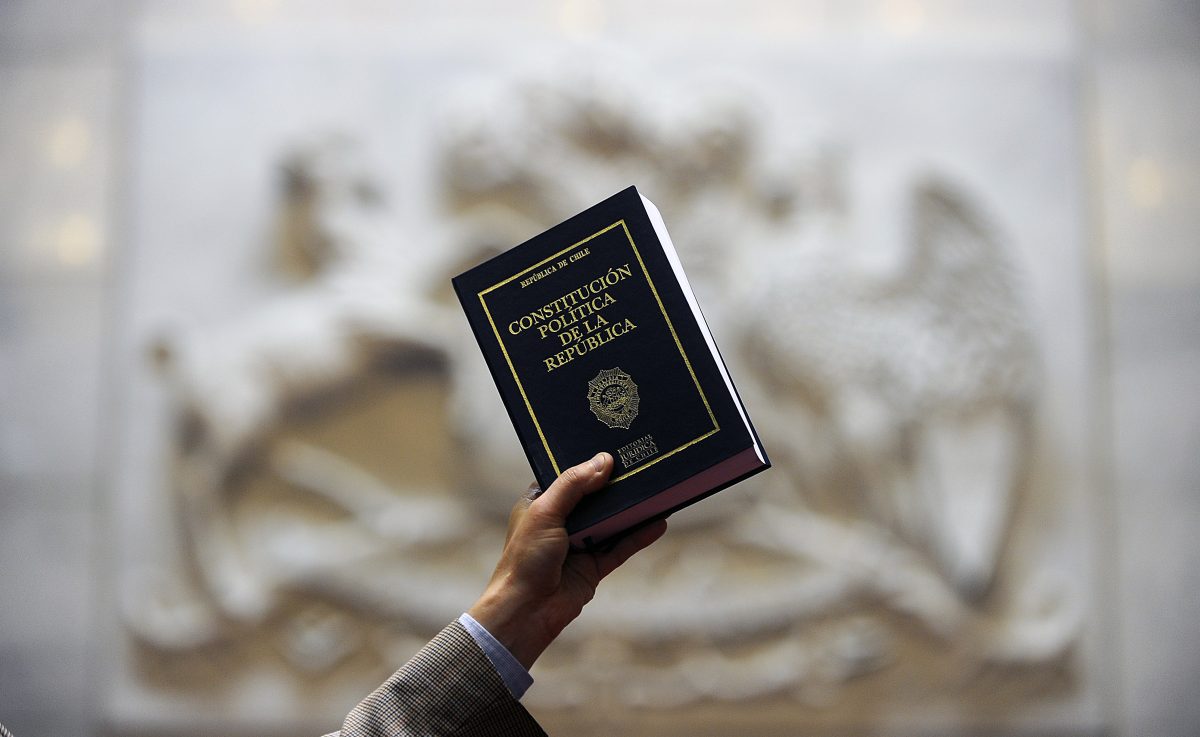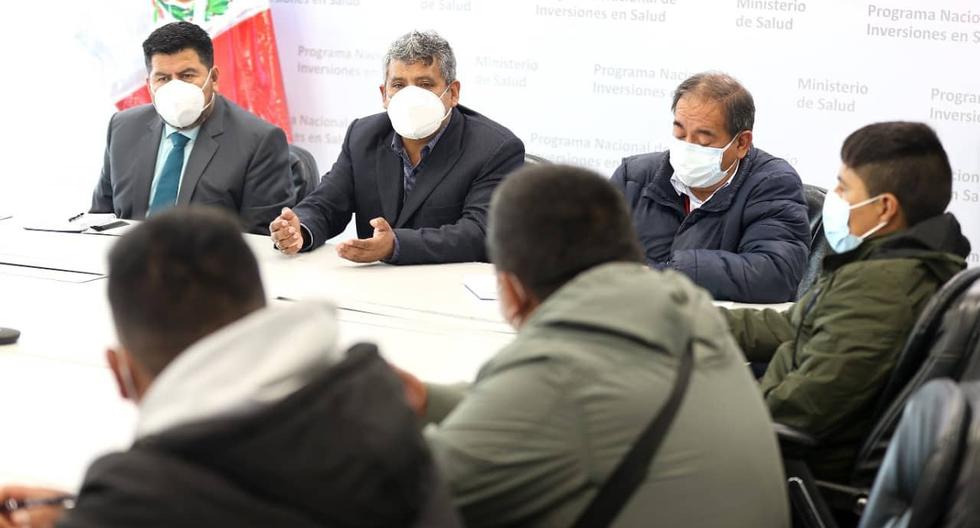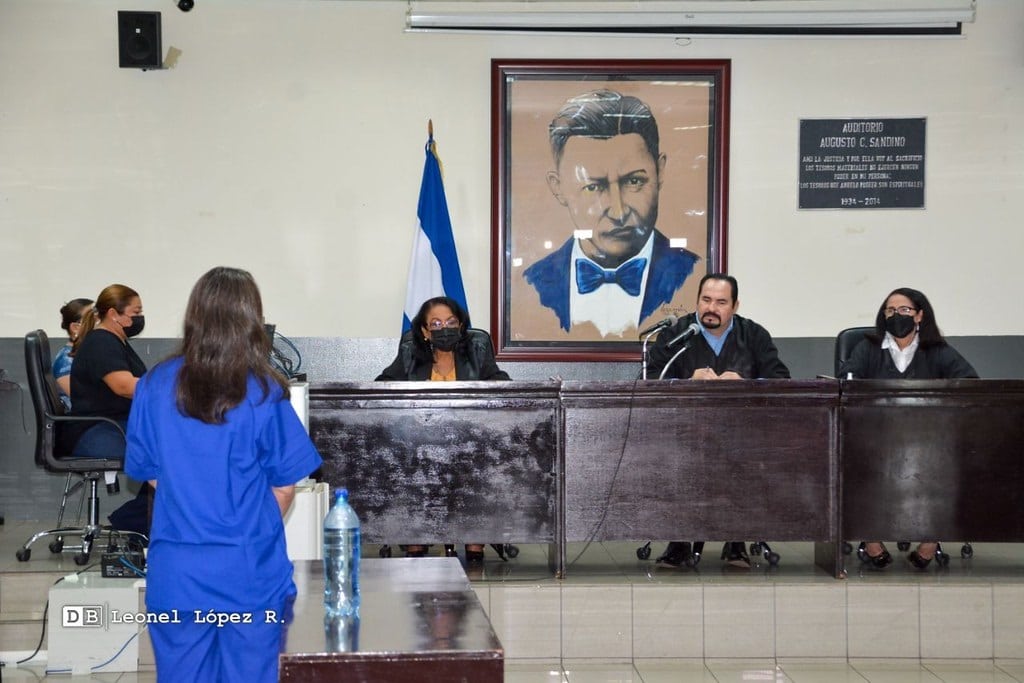Management – Peru
The Magna Carta submitted to a referendum seeks to replace the one in force since the dictatorship of Augusto Pinochet (1973-1990), which, despite several reforms in democracy, left education, health and the pension system tied to the laws of the market, without The State can regulate private activity.
With an advantage over rejection in the polls, the party is far from defined by Sunday’s result.
As Anadriel Hernández (18) and Tomás Ortega (19), both first voters, reflect, the election goes through the hope of change or the fear of that turn. Ortega says that he will vote Rejection disappointed by the process and by “the elimination of the Senate” or by an “almost separatist” logic in the treatment of indigenous issues.
Convinced by the Approval, Hernández admits that the changes will not be “overnight, because that would be impossible, but you always start with something and the new Constitution is a big step to start changing the modality with which it is governed. the country”.
Both young people consider the reforms in the environment, education and health to be important, but for Ortega the text went too far in some of them and fell short in others. He believes that a constitutional change is necessary “but not how this proposal turned out.”
Hernández defends that issues were included “because they were not taken into account in previous governments.”
The text submitted to the vote of more than 15 million people was drafted for a year by a convention elected with parity and inclusion of indigenous people, which resulted in a progressive text, praised by economists such as Thomas Piketty and Mariana Mazzucato, philosophers and international stars. , but that polarized the Chilean political leadership, very discredited in the street.
OPEN STAGE
The polls published up to August 20, without exception, predict a victory for the Rejection.
But in the streets, the negative vote campaign has not mobilized its people. On the contrary, the Approval has summoned crowds at neighborhood parties and squares in the country.
“The stage is completely open and as the day of the referendum approaches, data confirms that there will be a large number of voters,” political scientist Claudia Heiss, an academic at the Faculty of Government of the University of Chile, explained to AFP.
It will be the first election with compulsory voting in a decade and in a country with a very high rate of abstention in the most recent elections. But the firm Criteria indicated in the last few hours that 84% (12.6 million) of people would have the intention of going to vote, which could mean a “participatory revolution.”
The campaign for the Rejection of the group “Yellows for Chile” removed from the foreground great figures of the right to better expose the doubts of intellectuals and leaders of the center and left.
The latest evaluation of the text carried out by Criteria indicated that 42% of those surveyed disapprove of its content based on what they have heard or read; 28% approve of it, although they consider it average, and 26% give it an outstanding grade.
The defenders of the new text believe that with it a country that was once conservative and with marked social fractures due to ethnic and economic origin will be changed. They believe that the foundations are being laid for a more equitable Chile.
His detractors instead fear that with his approval Chile is headed for the abyss.
AMBITION
Although the Chileans gave clear electoral signs of willingness to change after the social outbreak of 2019, approving with 79% support the drafting of a new Constitution by independents and members elected by the citizens, they reach the end of this cycle without certainties about the Sunday’s result.
The changes that created the greatest divisions and made the Rejection gain ground were those unrelated to the demand for social rights, where there is transversal support.
But the proposal of greater autonomy for the indigenous people, the right to decide on the interruption of pregnancy and stricter controls in the powerful mining sector or other industries, for the benefit of environmental care, frightened many.
All this in a scenario of economic slowdown and high inflation (13% per year).
“I don’t want it to be another Venezuela, we have a lot to lose. Social reforms are necessary, but neither is changing the rules of a country that is doing well,” Patricio Gutiérrez, a 40-year-old engineer employed by a transnational mining company, told AFP.
Whatever the result on Sunday, the constituent process will continue to set the agenda, because detractors and supporters seem convinced of the need for reforms, and even the most conservative right-wing sectors will not be able to avoid those calls for change that keep this country in a agitated climate.
Just three days before the plebiscite, journalist Simón Boric, brother of Chilean President Gabriel Boric, was attacked by demonstrators in downtown Santiago, amid isolated protests but several with a lot of violence.


















